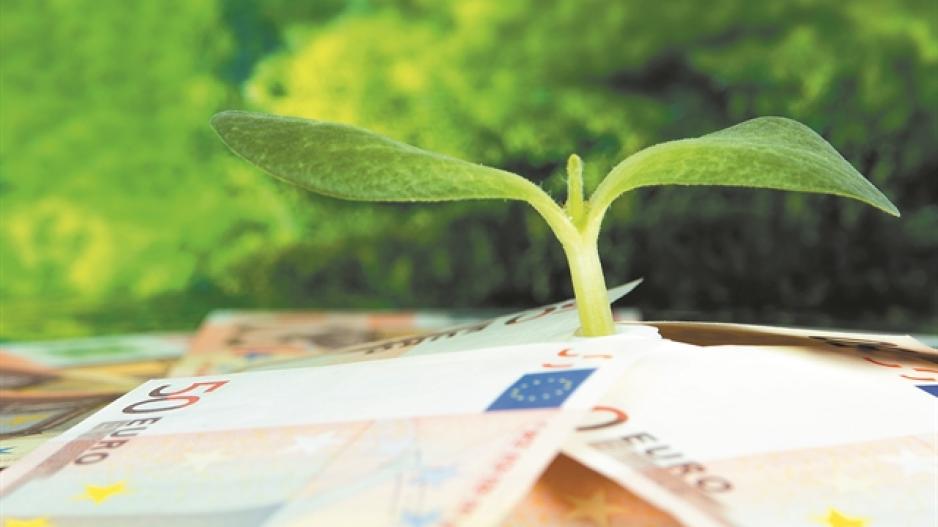3 New Taxes Are Coming to Cyprus by May
To mitigate the reforms’ impact on vulnerable groups, the government is considering subsidies, tax relief, and incentives.
Cyprus is set to implement green taxation by May, aiming to reduce reliance on expensive electricity and support vulnerable households and businesses through offsetting tax incentives.
As Brief reports, according to the Ministry of Finance, the reforms will include three main taxes:
A carbon tax will be introduced on energy products, including petrol, diesel used as motor fuel, certain categories of heating oil (kerosene), and liquefied petroleum gas (LPG).
This tax will apply even to products exempt from excise duties, and VAT will be calculated on the value of products subject to the carbon tax. Revenue generated will fund environmental initiatives and support sustainable tourism practices.
A daily accommodation levy of €2.50 will be imposed per occupant for stays in hotels, tourist accommodations, and self-catering units in the Republic of Cyprus. Notably, this levy will not include VAT in the accommodation price.
Revised water management fees will adjust water usage charges to encourage conservation. A slight increase in potable water costs aims to promote responsible water use and address water scarcity issues.
The updated water tariffs have been approved by the Council of Ministers and published in the Republic’s official gazette. Offsetting measures for other taxes are pending, expected to be evaluated by the Ministries of Finance and Transport.

To mitigate the reforms’ impact on vulnerable groups, the government is considering subsidies, tax relief, and incentives for adopting renewable energy and energy-efficient practices. These measures aim to ensure a smoother transition and broader acceptance of the reforms.
The green tax reforms aim to:
-
Incorporate environmental considerations into taxation.
-
Discourage the use of high-carbon energy products and reduce long-term costs.
-
Promote energy efficiency and accelerate the adoption of renewable energy.
The University of Cyprus' Economics Research Center played a critical role in evaluating the reforms' impact on households and businesses, particularly regarding fuels, water, and waste.






